
In 2015, German Chancellor Angela Merkel stood before the European Parliament and declared, “Wir schaffen das”—“We can do it.” Over one million refugees fleeing conflict in Syria crossed into Germany, and the continent responded with a humanitarian embrace. It was a moment of moral clarity during one of Europe’s most challenging crises.
Why This Shift?
Nearly a decade later, the open borders of that era are closing. Germany has ramped up land border patrols, Poland has suspended asylum procedures, and the EU’s 2024 Migration Pact heralds tougher external controls. Yet even as refugees face increasing rejection, highly skilled migrants are being welcomed with open arms.
The EU’s Migration Pact, adopted in May 2024, seeks to establish a more uniform asylum process, distributing the burden among member states through a mechanism of relocating 30,000 applicants per year—or paying €20,000 per rejected individual—according to the European Union Agency for Asylum. While some call it a flexible framework, others denounce it as shirking responsibility.
More impactful, however, are the Pact’s provisions for stronger borders: expedited deportations, holding centers akin to detention facilities, and international agreements with nations like Egypt and Tunisia to manage migration flows. These measures are already delivering results, with irregular border crossings dropping by 30% in 2024, as reported by the European Commission. Still, the human toll is severe—over 3,000 migrants drowned in the Mediterranean in 2023, according to the International Organization for Migration.
The Dichotomy
Asylum seekers today face increasingly slim chances of success. Approval rates in countries like Belgium and Germany hover around 43% and 44% respectively, weighed down by administrative backlogs and stricter criteria, as detailed by the Asylum Information Database. Some countries have gone further—Poland has halted asylum intake at certain borders, citing security concerns, while Italy has struck a deal with Albania to process asylum applications offshore. All signs point to an emerging “Fortress Europe,” more concerned with deterring entrants than offering refuge.
At the same time, the welcome mat is being rolled out for skilled professionals. In the Netherlands, tech company ASML—vital to the global semiconductor industry—reports that 40% of its workforce is international. CEO Christophe Fouquet warns that limiting such talent flows would jeopardize innovation.
Belgium echoes these priorities. Flanders is simplifying visa processes for engineers to boost its biotech industry, and Wallonia is actively recruiting francophone African healthcare professionals to address labor shortages. Over 1.2 million job vacancies are projected by 2030. Germany has expanded its Skilled Immigration Act as of 2023, and Spain and Portugal are attracting digital nomads with new residency schemes. The message is clear: Europe wants migrants who can code, heal, or build.
Why This Shift?
This selective openness reflects the demographic and economic realities Europe now faces. By 2030, the EU’s working-age population is expected to shrink by 36 million, while the number of retirees will reach 123 million, according to Eurostat. Europe needs labor—but not the kind arriving in boats or at border fences.
Yet this pragmatism draws a moral fault line. “People move because in their countries there is no future, no peace, no stability,” says Josep Borrell, the EU’s foreign policy chief, criticizing the growing “Fortress
Comments
4 responses to “From Open Doors to Closed Borders: Shifting Trends in European Immigration”
-
Oh, brilliant! Who needs a heart when you can just hire some coders? Europe really knows how to roll out the red carpet for the skilled while tossing the rest into the sea—keeping it classy, as always. 😏💼
-
Imagine telling a skilled engineer, “Welcome aboard!” while simultaneously locking the door on everyone else with a suitcase. Classic Europe, eh? 🤷♂️ It’s like saying, “We love diversity—just the good kind, please!” 😂
-
Isn’t it just charming how Europe’s version of “open doors” now comes with a hefty price tag and a security checkpoint? I suppose we fancy ourselves as the bouncers of a nightclub now, welcoming only the VIPs while the rest get the cold shoulder. 🍾🚪
-
Isn’t it charming how Europe has gone from a warm hug for refugees to a strict bouncer at an exclusive club? 🎉 Just remember, if you can code or save a life, you’re in – if not, well, best of luck navigating those ‘closed borders’! 🛑🚪
Last News
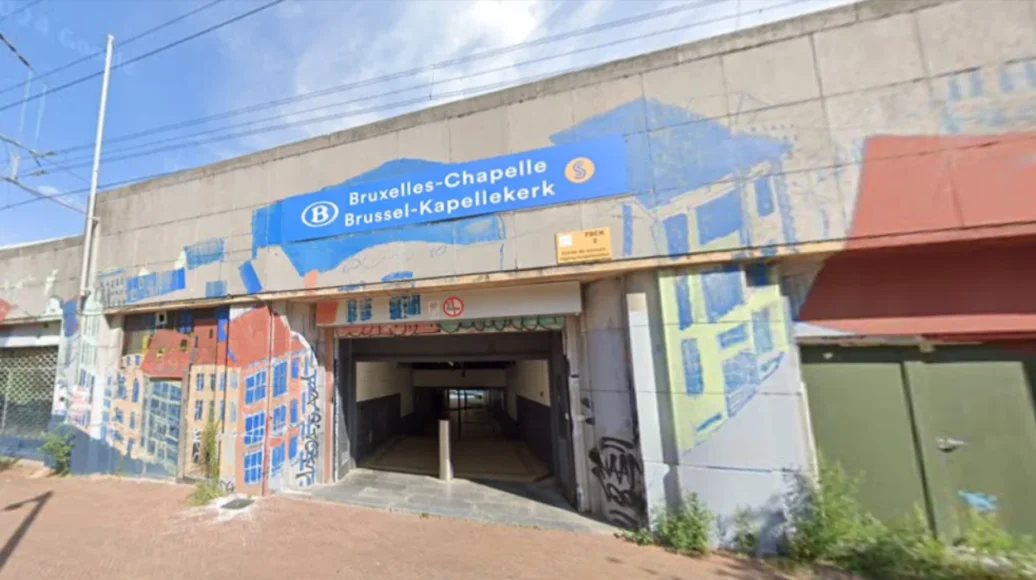
Brussels NMBS Infrabel Launch 99-Year SubJonction Project
Brussels (Brussels Morning Newspaper) – Brussels, Infrabel, and NMBS will turn the space under Brussels-Chapelle station into SubJonction, a cultural hub with a hall, restaurant, and outdoor area. Works may start in 2028.
As VRT News reported, Brussels will change the space under the Brussels-Chapelle train station into a new cultural place. This area is between Sint-Brigittenstraat and Ursuline

Union: Limiting subsidies could discourage farmers from environmental stewardship
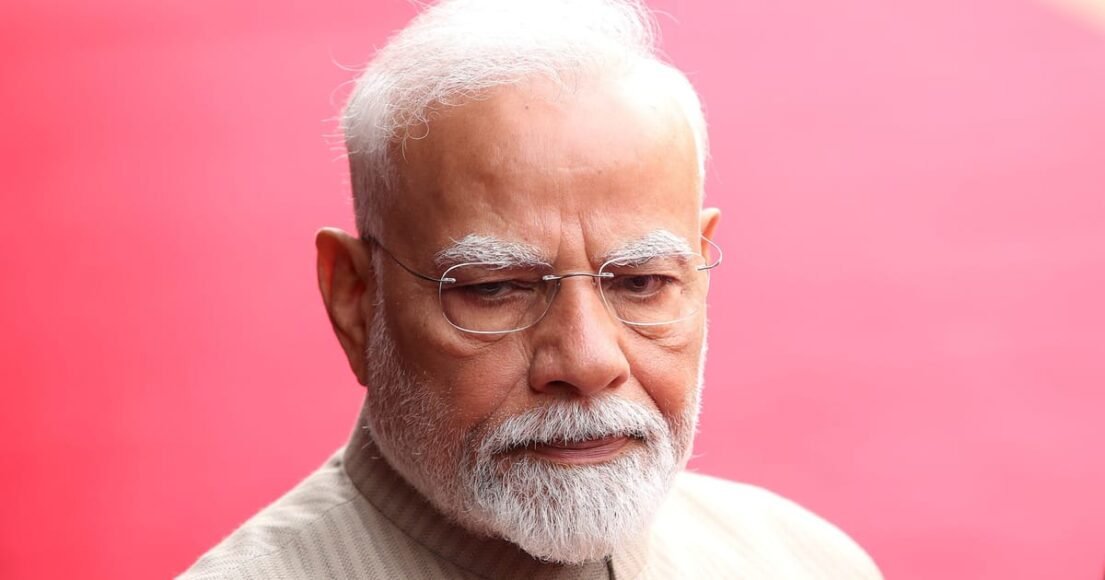
Modi to Visit UK Next Week for India Trade Deal Signing
Modi plans a “flying visit to sign the FTA so the ratification process can begin,” one source stated. Starmer had conside
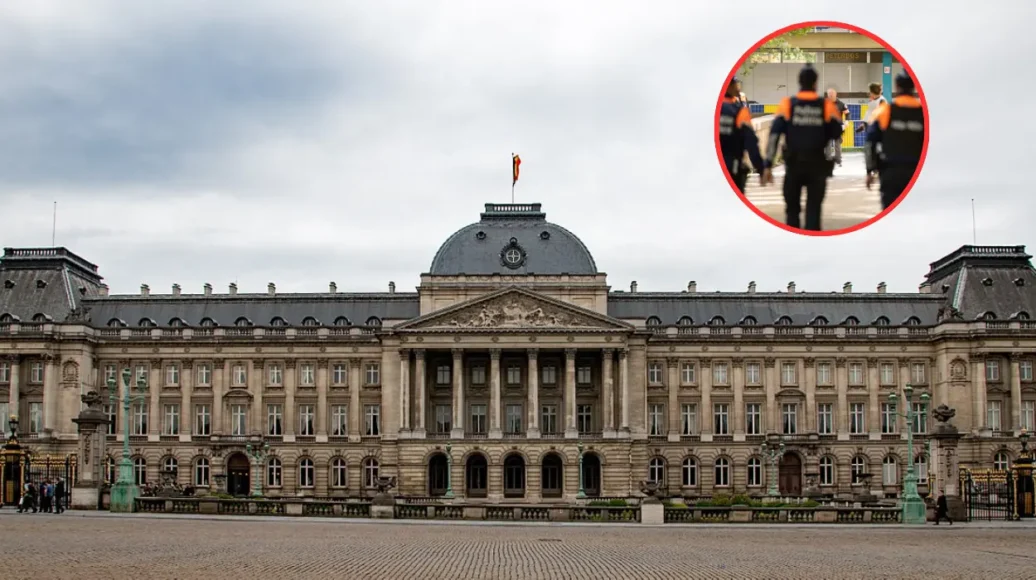
Brussels to Consolidate 6 Police Zones by 2027, Backed by Quintin
Brussels (Eurotoday) – Brussels will merge its 6 police zones into one by 2027, spending €55 million. Minister Bernard Quintin says this will improve safety, speed, and trust citywide.
AS VRT News reported, after many years of talks and delays, the government has agreed to join all 6 police zones in Brussels into one. Officials mentioned that before, each zone had its boss, rules, and budget. Th
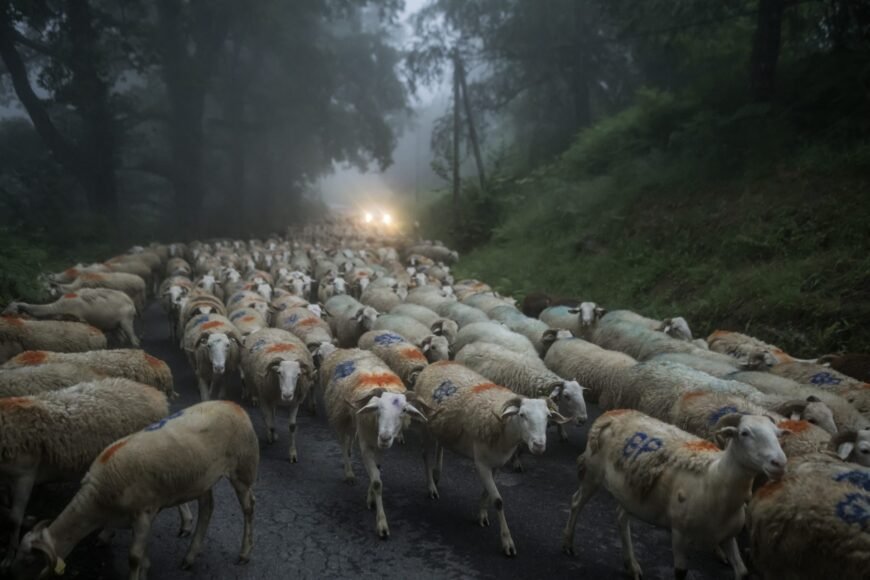
Budget PAC: French Agriculture Minister Criticizes Commission’s Proposal
Highlighting the challenges posed by climate change to ensure “food producti
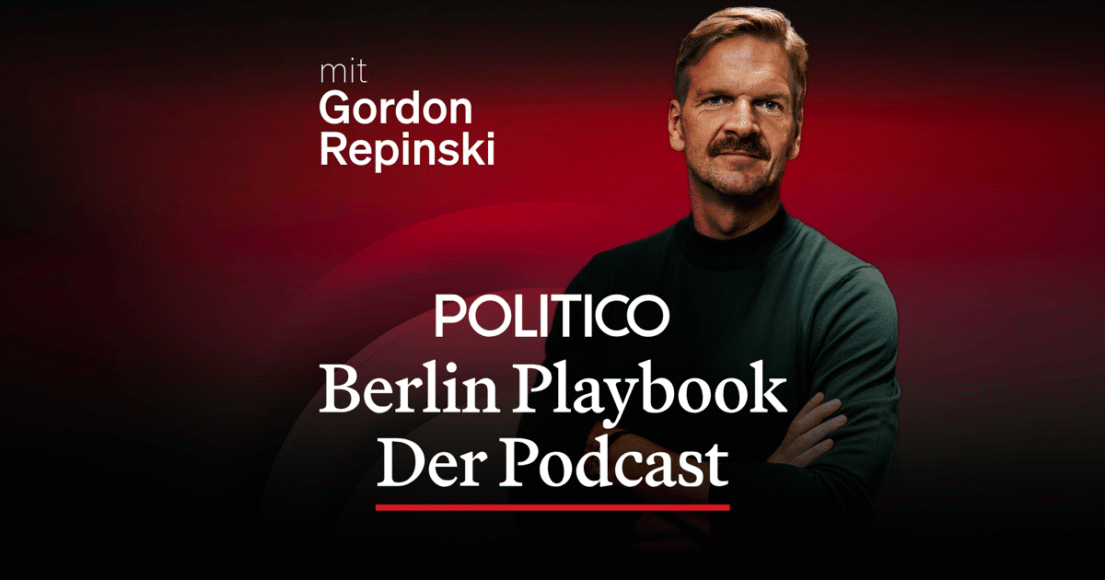
Aktualisierung zur Merz-Pressekonferenz
Rixa Fürsen and Gordon Repinski analyze the undertones and why Merz declares Merkel’s famous phras
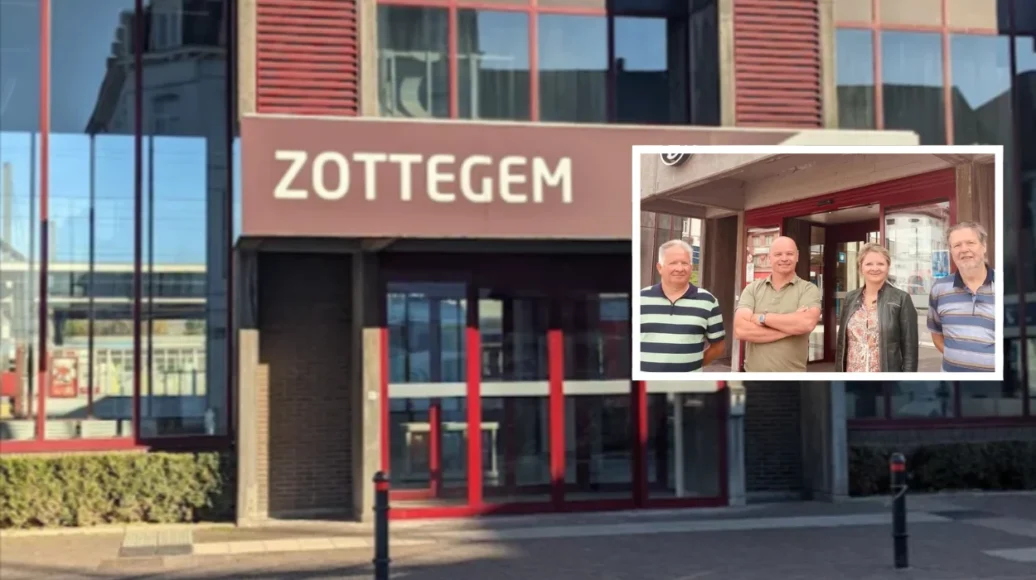
ON6ZT Radio Club Revives Zottegem Station with NMBS and Mayor
Zottegem (Brussels Morning Newspaper) – Local Radio club ON6ZT has moved into Zottegem’s old train station after years of vacancy. With NMBS and Mayor Evelien De Both’s support, the club now meets 3 times a week.
As VRT News reported, the old train station in Zottegem, in the province of East Flanders, Belgium, has a new use. Local radio club ON6ZT has moved in. The building was empty for many y

German Finance Minister: Numerous items in the EU budget are unacceptable
The German government ai

Belgian Supermarkets Permitted Extended Hours
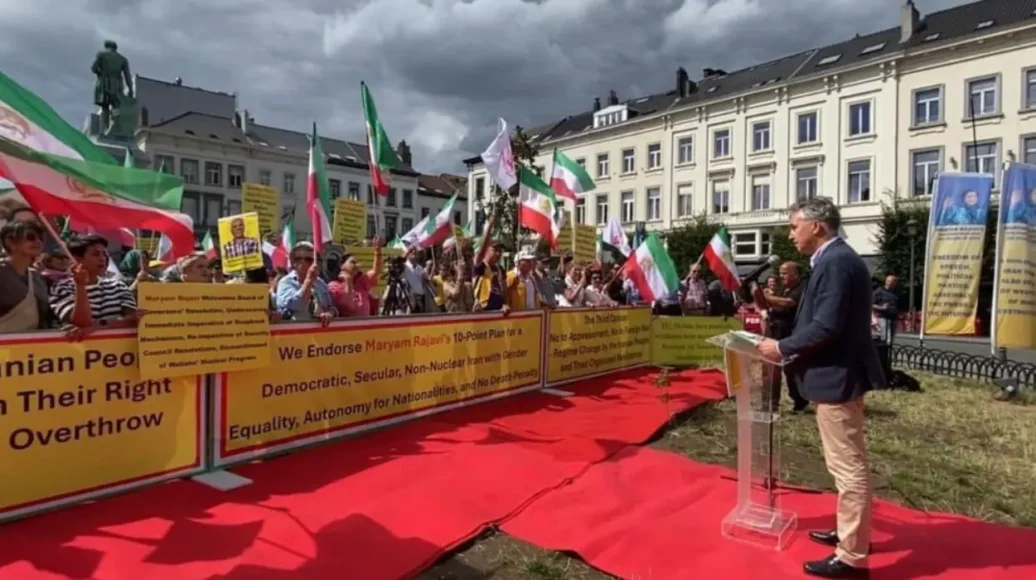
Iranians Highlight the Third Option: "No to Appeasement, No to War – Yes to Regime Change by the People and Their Organized Resistance"
Although cease fire in the Middle East is preserved, the escalations between Iran and Europe about Iran’s nuclear program and the activation of snapback mechanism is reaching a new turning point. With this regard, on Wednesday July 16 Hundreds of Iranians and supporters of the National Council of Resistance of Iran (NCRI), gathered at Place du Luxembourg in Brussels to denounce the Iranian regim



Leave a Reply